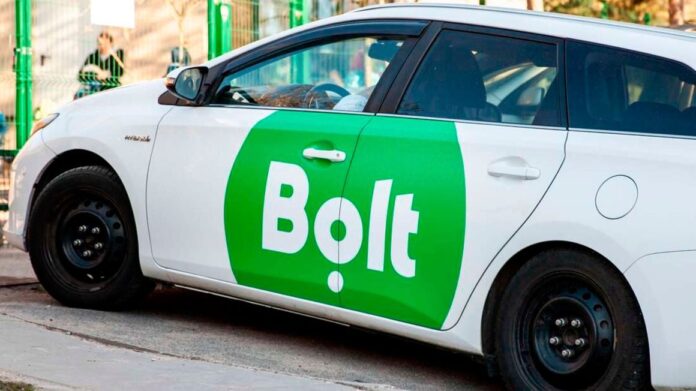Bolt, the on demand mobility company in Africa and Europe has announced a 10% increase in base fares across all its ride categories to address low driver earnings which have been a cause of concern for its driver-partners for months.
The increase will cater for the rising operational costs which have hit the drivers hard making tougher for them to maintain sustainable earnings. The 10% increase in the base fare will affect all categories from today. Bolt expects the additional income to incentivise drivers who had turned to unscrupulous and crude means like kidnapping to demand more money from their passengers.
In a statement to TechMoran, Linda Ndungu, General Manager, Rides said- “This fare adjustment is not just a price change but also a step towards acknowledging the value our drivers bring to the platform every day. We believe that this move will help our drivers earn a fair wage, which in turn will allow them to continue providing the reliable and safe transportation our riders depend on.”
Last week, Bolt’s competitor Uber unveiled a new service called ChapChap Priority to allow customers to pay an additional Ksh110 per trip to prioritize their match with a driver. The service will be activated only during peak demand periods, according to Imran Manji, Uber’s head of East Africa.
Uber believes ChapChap Priority will help end the driver dissatisfaction with its rates due to the decreasing per-kilometer rates amidst rising fuel prices and the cost of living. The firm has also been reviewing reports of customers being overcharged encouraging passengers to report such instances. However, the new service might not be of much help as the drivers are spending more than they earn from the service.
Uber and Bolt drivers were finding ways to circumvent the industry’s united front and were using walkie-talkie app Zello to coordinate pricing and have created fare guides displayed in their vehicles. These guides typically offer a minimum fare of 300 Kenyan shillings ($2.33), exceeding Uber and Bolt’s base price.
Bolt’s move might calm the drivers for sometime but it will not silence them for long because 10% percent will not yield much to the drivers. The firms need to be on the forefront of fuel price regulation, lobby for lower car import taxes and work with loan providers for better loan offers. The firms also need extra business models to help drivers earn from their cars than just ferrying passengers.
Bolt has had purely public relation initiatives like the ongoing drive for a prize campaign, driver compliments features on its app, and driver engagement forums to enhance driver relations but these won’t put food on driver’s tables. The recent partnership with Hakki and the latest fare adjustment are a good sign that Bolt understands what its driver partners go through.
Bolt says the 10% fare increase comes at a time when the cost of living in Kenya has been on the rise, impacting both drivers and riders alike. Bolt remains committed to balancing the needs of its driver-partners while ensuring affordability and accessibility for its riders. The company will continue to monitor the economic landscape and engage with all stakeholders to make any necessary adjustments in the future.

